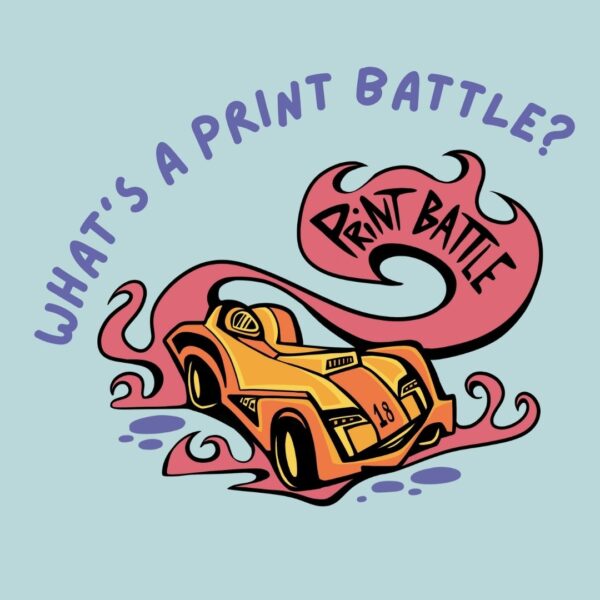editors note: I foolishly didn’t record my own audio in this interview, so for the first half there are titles that guide viewers through questions
I was incredibly fortunate to arrange a tinychat with the organizers of the upcoming gli.ct/h conference/festival/symposium/gathering. Nick Briz (who unfortunately is not in the video), Evan Meaney, Rosa Menkman, and Jon Satrom all joined me in a conversation about their combined administrative efforts to see this great event evolve into an internationally recognized and talked-about event taking place across Chicago from September 29th to October 3rd.
We discuss the expanding taxonomy of glitch culture – a growth that has emerged partially as a result of it’s rapid commercialization – and how this rhetoric has changed historically through cinema and video. I emphasize the fact that the quad of organizers of this festival have contributed much to the glitch community – both in their work and in their academic writings/presentations. Although each maker has distinguished his/her presence and has reinforced the importance of engaging the medium “with caution†(as Nick Briz states), they all show an incredible affability and desire to investigate the inherent playfulness of the genre.
The organizers have done a very delicate job of being able to balance the openness and generosity that the community offers to incoming makers with/against the “closed-ness†of traditional festivals. By including web-specific projects like the t.rashb.in and a (as yet not published) glitch-wiki, the festival aims to create a celebration of curiosity by inviting people that otherwise would not want to participate in data bending and error-aesthetics. The gli.tc/h blog has instigated a great on-going conversation between artists and organizers about the difficulties of defining the genre, and the benefits found in letting these precise definitions continue to be incomplete.
We go on to discuss some aspects of the theoretical implications of how glitch moves throughout history, and how this process challenges modernist tendencies to want to preserve and archive. Evan proposes that because he is not engaging glitches as a live medium, and is instead investigating the process that occurs somewhere between translation of data (sets), that his work is a direct interruption of archival sentiments. These hic-ups offer insight into how we customarily shape our data into precious documents/objects, as opposed to transient, ever-recycling, source material for creativity.
Jon brings up how the historicization of the material fits into the surprising amount of analog submissions the festival received. We discuss how this shift back and forth between digital and analog methods might speak to a larger cultural phenomenon taking place within technological circles (namely technological fetishism through simulated nostalgia). Rosa questions whether this trend is some kind of romantic hearkening-back to better days in order to prioritize certain types of practices over others. However, I think that the link between the two lies in curiosity and the hacking inclination of people invested in glitch. In other words, returning to analog is a means of continuing the exploration.
As a closer to our conversation Nick and I discuss how his work provides tutorials for processing the limitations of certain digital formats. Our traditional graphical interaction with digital artifacts is not sufficient enough for complete data-immersion, and Nick suggests that the hacking through these codecs is equally an aesthetic and political gesture. Jon chimes in and comments that sharing this ethos in a group together is something that he is incredibly excited about. Evan restates this enthusiasm by discussing how the diversity of the group’s stance on this medium will be mirrored by the great work and conversations that will be found at gli.tc/h over the weekend.
To find a complete schedule, including venues, directions, and other exciting links, go here.
- Hyperjunk: Paddles On! Brings Digital Art to Auction - October 8, 2013
- Hyperjunk Interview: Dissociations with Harm Van Den Dorpel - July 29, 2013
- Hyperjunk: Unpacking the Shortest Video Art Ever Sold - March 25, 2013




